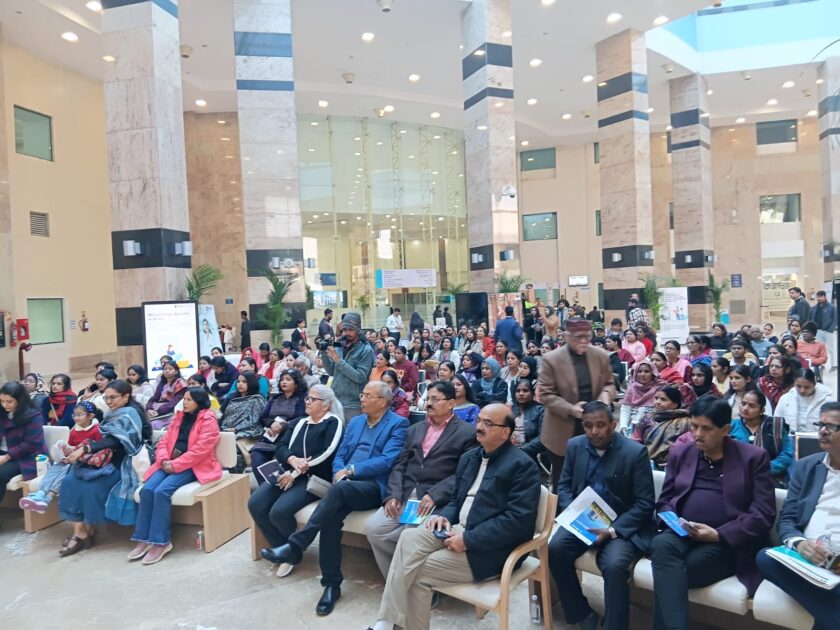Lucknow: Insomnia is one of the most misunderstood health conditions affecting millions worldwide. Despite growing awareness around mental and physical health, insomnia remains shrouded in myths and misinformation. For many who suffer from it, the struggle isn’t just sleeplessness—it’s a battle against misunderstanding, misdiagnosis, and emotional fatigue.
The Clock Becomes the Enemy
According to The Quint, most people assume that insomnia is simply the result of an unregulated lifestyle—late-night parties, overuse of caffeine, or excessive screen time. While these can be contributing factors, they rarely tell the full story. For an insomniac, the ticking clock becomes a tormentor. Each passing second feels louder, more mocking, as the sufferer lies awake, exhausted but unable to drift into sleep. The clock, rather than guiding the day, becomes a symbol of helplessness.

The Body Refuses to Cooperate
Insomniacs often feel jealous of those who can fall asleep “anytime, anywhere.” For them, sleep becomes as elusive as a vampire’s reflection. It doesn’t matter whether dinner was light or heavy, whether the lights were turned off early or the environment was calm—the body simply refuses to cooperate. At times, the brain becomes so fatigued from fighting its own impulses that even basic functioning feels impossible.
Unwanted Advice and Pseudoscience
With insomnia comes an avalanche of unsolicited advice. From being told to eat more fruits or take over-the-counter supplements, to being urged to sleep with lavender-scented pillows or avoid phones entirely—everyone seems to know the “magic cure.” However, most of these suggestions barely scratch the surface of what an insomniac experiences. The body may be exhausted, but the mind insists on marching to its own tune.
Families Left Confused and Helpless
Insomnia doesn’t just affect the individual—it takes a toll on families too. Loved ones often find themselves confused and helpless, unsure of how to provide comfort. They gift cozy pillows, offer soothing playlists, and try to create the perfect sleeping environment. But when even the softest mattress feels like a bed of nails and every shadow in a dark room feels like a ghost, their efforts, though heartfelt, often fall short.

The Mental Math Game
As night falls, the insomniac’s mind becomes a battlefield of numbers and probabilities: “If I sleep now, I’ll get five hours… maybe four… will that be enough?” This mental math continues every night. Each calculation only adds to the anxiety, pushing sleep further away. And just when the body finally starts to surrender, the alarm rings. Morning arrives not as a fresh beginning, but as a cruel reminder of a night lost in silent war.
The Real Problem
Insomnia is not just about not being able to sleep—it’s about being stuck in a cycle that disrupts every aspect of life, from concentration to emotional stability. And what makes it worse is the lack of awareness about its seriousness. Many still brush it off as a phase or a lifestyle issue, ignoring the deep-rooted psychological or neurological causes behind it.
The Need for Understanding, Not Judgement
What insomniacs truly need is empathy. They aren’t looking for magic pills or recycled lifestyle tips—they’re searching for real solutions, professional guidance, and most importantly, patience from those around them.
Until we stop treating insomnia as a trivial inconvenience and start acknowledging it as the serious health condition it is, millions will continue to suffer in silence—each night a lonely battle, each morning a forced performance.









